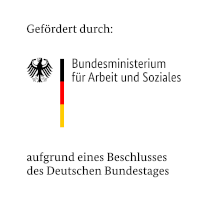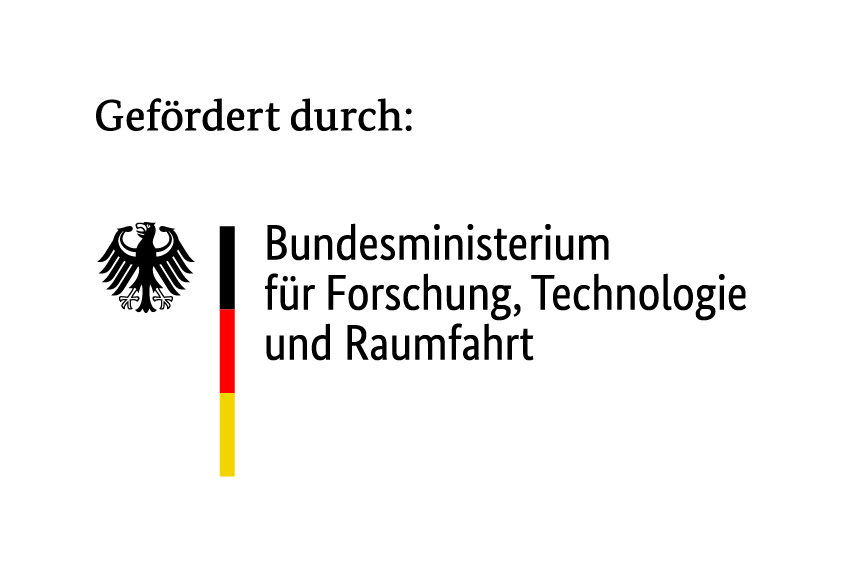The SAB project “System-integrated H2 pressure tank assemblies for general aviation and feeder aircraft” (SaxonHy) marks the start of another collaborative project in the field of hydrogen-based flying. It integrates into a whole series of research activities around the hybrid-electric experimental aircraft APUS i-5 “H”, which has been developed and built by the associated project partners Rolls-Royce Deutschland Ltd. & Co.KG and APUS – Aeronautical Engineering GmbH since 2019: The overall goal – sharpening competencies in the field of zero-emission aviation technologies. Within the framework of SaxonHy, the Institute of Lightweight Engineering and Polymer Technology (ILK), the Institute of Aerospace Engineering (ILR) and the Institute of Power Engineering (IET) of the TU Dresden are working with the Leichtbau-Zentrum Sachsen GmbH and EAST-4D Carbon Technology GmbH to integrate a hydrogen-based experimental vehicle APUS i-5 “H”Hydro into the modular platform APUS i-5 “H”. The associated partners COTESA GmbH and IMA Materialforschung und Anwendungstechnik GmbH are also involved in the realization of this objective, contributing their expertise in aerospace manufacturing and in the verification of complex hydrogen systems.

One of the key issues in hydrogen-based flight is the storage of hydrogen. Due to the lower volumetric energy density of hydrogen (compared to kerosene), this takes up a lot of space and can add to system weight. The available installation space must therefore be optimally utilized, which means that the individual subsystems such as support structures, control structures and safety systems interact with each other to an exceptionally high degree. This leads to demanding, interactive development processes. The planned work in the SaxonHy project will take the example of an H2 pressure tank assembly integrated into the center wing of a small aircraft. A system model will be developed for this assembly as a basis for tank design and integration. Considering the specific requirements, an exemplary design of the H2 pressure tank assembly is aimed at. It will be investigated whether a tank system can be realized without a plastic liner (type 5 tank) to increase the gravimetric storage density. Finally, the designed pressure tank is to be manufactured for aviation and tested under pressure and maneuvering loads in specially developed system tests so that a certification concept for hydrogen tanks can be developed as part of SaxonHy.
You can find more information here.

















